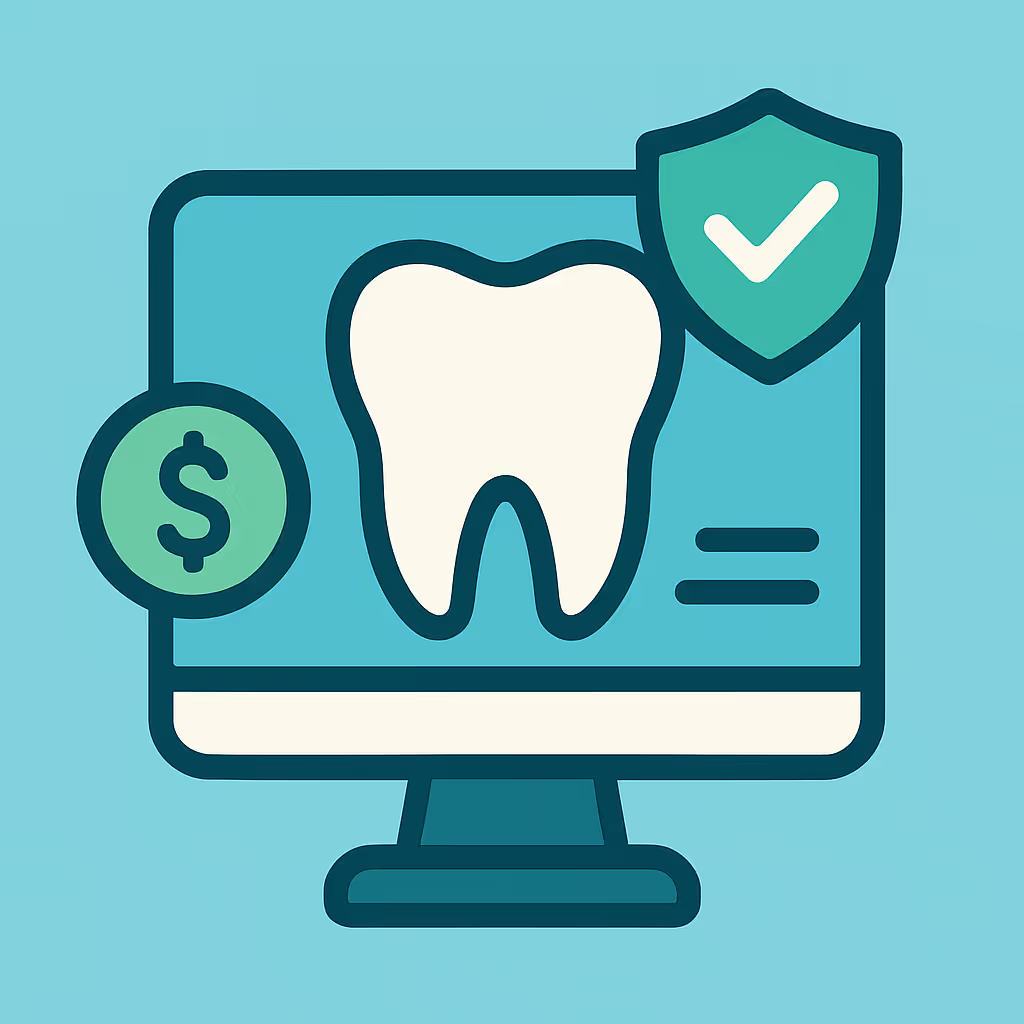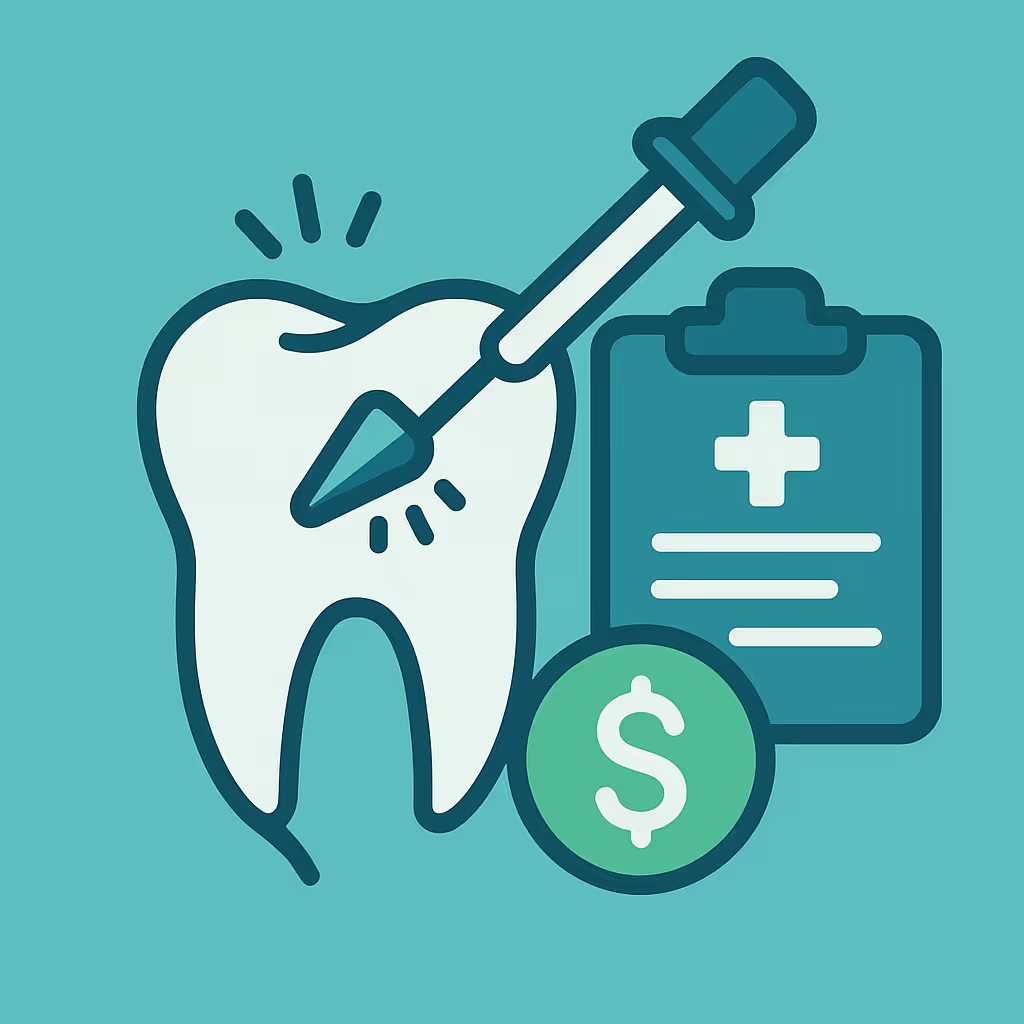Understanding Dental Code D0120
When to Use D0120 dental code
The D0120 dental code is designated for a periodic oral evaluation of an established patient. This CDT code is used when a patient returns for a routine check-up after their initial comprehensive exam (often coded as D0150). D0120 is appropriate for recall visits, typically scheduled every six months, but the frequency may vary based on the patient’s risk factors and insurance plan limitations. Use D0120 when the dentist is assessing the patient’s dental and medical history, performing an oral cancer screening, evaluating periodontal health, and checking for caries or other dental issues.
Documentation and Clinical Scenarios
Accurate documentation is essential for successful billing and compliance. For D0120, ensure the patient’s record includes:
- Date of the evaluation and provider’s name
- Updated medical and dental history
- Details of the oral cancer screening
- Periodontal assessment (probing, recession, bleeding)
- Charting of existing restorations, caries, and any new findings
- Patient-specific risk factors and recommendations
Common clinical scenarios for D0120 include routine recall visits, follow-up after restorative or periodontal therapy, and ongoing monitoring of chronic conditions. Avoid using D0120 for new patients or when a comprehensive evaluation is warranted—use the appropriate code in those cases.
Insurance Billing Tips
Maximizing reimbursement for D0120 requires attention to insurance plan details and best billing practices:
- Frequency limitations: Most plans cover D0120 twice per year, but some may allow only one per calendar year. Always verify benefits before scheduling.
- Coordination of benefits: For patients with dual coverage, confirm which plan is primary and submit claims accordingly to avoid denials.
- Claim documentation: Attach clinical notes or radiographs if the insurer requests additional information or if the evaluation is performed sooner than the plan’s frequency allows.
- Explanation of Benefits (EOB) review: Check EOBs for payment accuracy and denial reasons. If denied due to frequency, review the patient’s history and appeal if appropriate.
- Accounts Receivable (AR) follow-up: Monitor outstanding claims and follow up with payers promptly to minimize delays in reimbursement.
Implementing a step-by-step insurance verification process and maintaining detailed patient records are proven strategies used by successful dental offices to reduce claim denials for D0120.
Example Case for D0120
Scenario: Jane, an established patient, returns for her six-month recall visit. The dental hygienist updates her medical history, performs periodontal charting, and the dentist conducts an oral cancer screening and evaluates her teeth for new caries. No major changes are noted, and preventive recommendations are provided. The visit is documented thoroughly, and the claim is submitted using D0120. The insurance plan covers two periodic evaluations per year, so the claim is processed and paid promptly.
This example highlights the importance of accurate coding, thorough documentation, and proactive insurance verification in ensuring smooth billing and optimal reimbursement for D0120.





